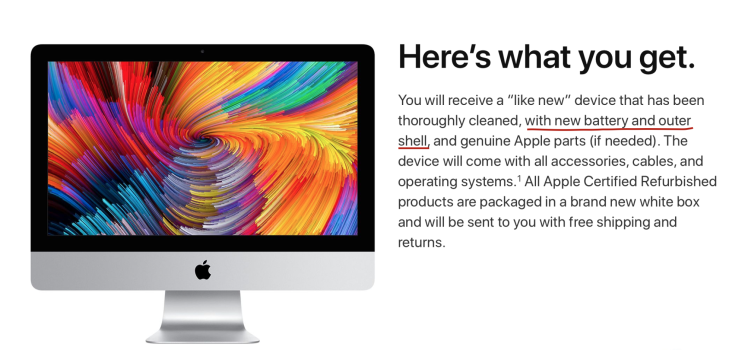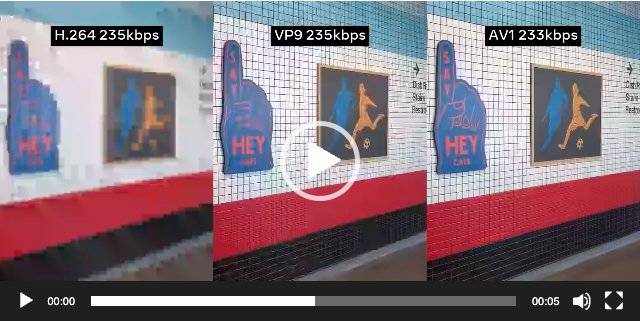Decoding not encoding.
I can take a CD and
encode the WAV files into mp3 files that is 1/10th the size. That makes it 10x easier and cheaper to stream, if I'm Spotify. But to listen to spotify, your phone or Mac needs to
- receive the mp3 stream
- then—in real time—decode the mp3 into uncompressed data for the audio card
So
decoding is important.
Its the same thing with video and images. A computer can encode media into a compressed codec, like H.265, but then a computer must
decode the codec if it wants to play it.
A CPU
encoding or
decoding a codec wastes CPU cycles (and also heat and battery/energy). So chip makers dedicate some transistors on the chip to encoding and/or decoding the codec, so the CPU itself doesn't have to. This is how an Apple Silicon Mac can play video for like 18 hours, because the CPU is barely working during the decoding, instead the media engine is doing most of the decoding, saving battery life.
AVI is 30% more efficient, so 30% smaller files, or even smaller than that with Adaptive Quantization—which means the encoder can select what parts of the image need to be high quality (eg. two people fighting) and can lower quality of background imagery during action, for example—all to save file space. Its like a codec more optimized for 4K streaming. So YouTube, Netflix, NVIDIA, etc are eager to use it, but they aren't going to send it if you don't have hardware decoding. Well the new M3 chip has hardware
decoding.
Its not the end of the world for everyone else—we'll continue to stream things in H.265 (what Apple calls HEVC). But in theory AVI means frames are sent to you faster when streaming games, so you would be playing games in a higher frame rate. Of course, in practice, there are more variables involved, including the quality of your connection, but in theory—all other things being equal and not bottlenecked—AVI should result in more FPS—or the same FPS but a higher-quality image.
Not every movie/show is yet available in AV1, presumably, these companies like Netflix are rolling their back catalogue into AV1 which takes time for their servers to do, but it means your M3 Air is a bit more future proof. In 2 years when everything is available in AV1, my M2 Air will have to continue to stream content in H.265. I won't shed tears but it would have been nice to have.



